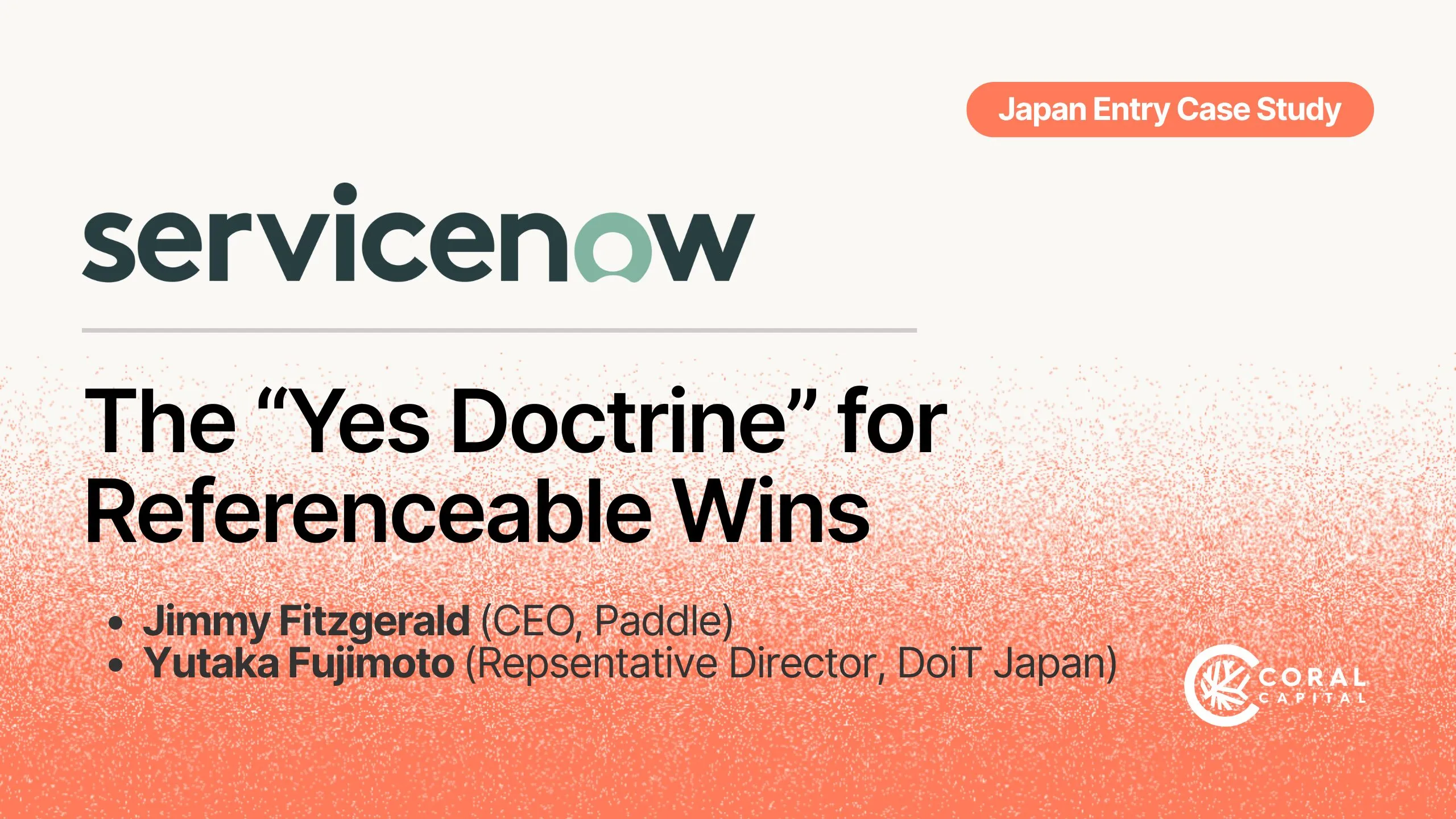We’re noticing more corporate spinouts in Japan these days. Specifically, scenarios where a new business was started under a company, and then carved out to run independently. In almost all cases the parent company remains a shareholder, but the founding team is allowed to go out on their own and raise money from outside investors. The corporate spinout is not a new concept, but these days we see more of them within our startup sphere. In fact, we recently just invested in our first.
Spinouts may work well in stereotypically risk averse Japan. They are somewhere in between salaryman and entrepreneur. You can start within the safety net of a larger organization, and then go out on your own once you think you’ve found something. Obviously the trade off is that you start with a much smaller share of your company, but you are also taking a lot less risk.
Corporates that are open to this benefit as well. The challenge with starting new businesses within a large organization is that there is usually pressure to become big and profitable quickly. Inevitably, the new business’s KPIs are compared to those of existing business lines. If the venture doesn’t deliver on expectations, or is just not a primary focus for the company, the business is shut down. It’s the innovator’s dilemma.
There is just one investor in this scenario – the company’s management. If management decides that the venture is no longer worth investing in, it’s over. That’s why startups have an advantage. If 500 Startups says no, perhaps Gree Ventures will say yes. Gree Ventures may not invest in the next round, but maybe Globis Capital will. Startups have multiple options for survival.
So rather than kill a business that is no longer a primary focus, why not let it fly on it’s own? Spinouts offer corporates the ability to plant seeds in multiple ventures without taking on too much risk. They also relieve the venture of the bureaucratic overhead that tends to slow down large corporates. They give the corporates their upside and the ventures their independence.
The added bonus is hiring. Simply having corporate spinout cases will attract the type of talent that likes to build new things. It positions the company as a place open to innovation. And if a company is serious about attracting this top talent, they should also be serious about retaining them. When a venture doesn’t work out, you want those people back. Spinouts help maintain those relationships so that perhaps they will.
Spinouts are an interesting middle ground for Japan if done correctly. First and foremost, the team leading the venture needs to have entrepreneurial blood. Second, the corporate needs to structure the spinout so that the venture has full independence and management has proper equity incentives. We would not have done our recent spinout unless these two boxes were checked. The spinout needs to look and feel like startup, not a joint venture.






